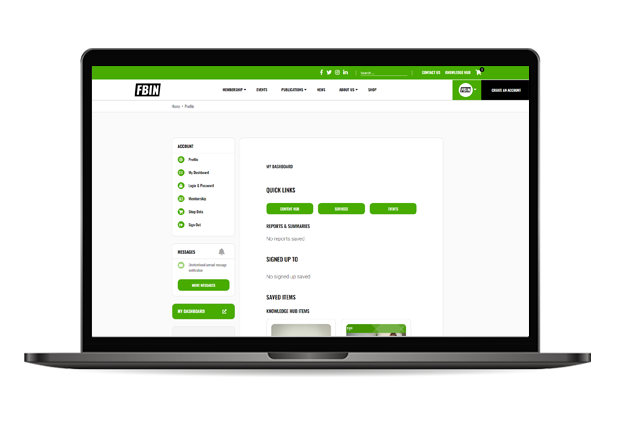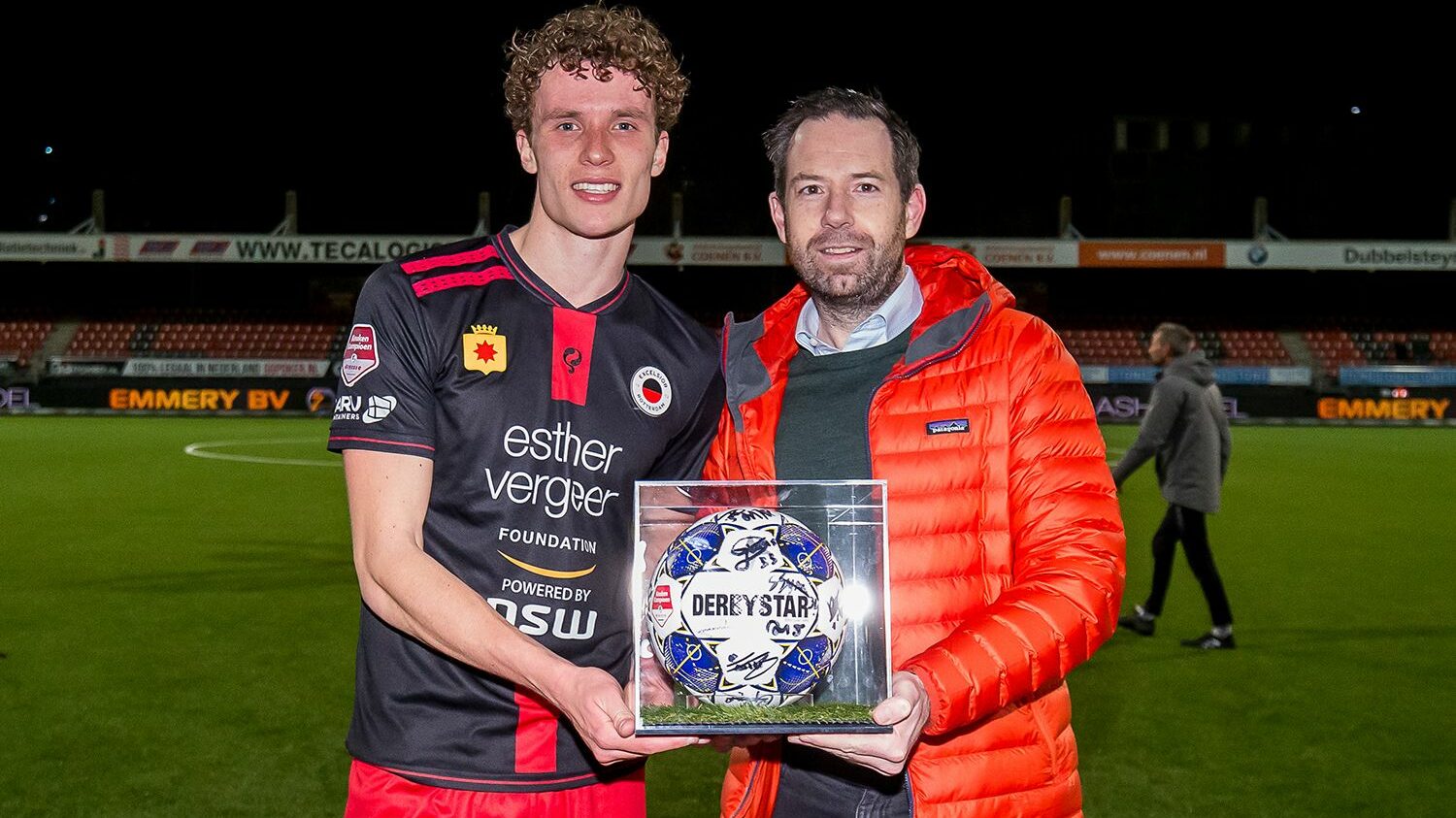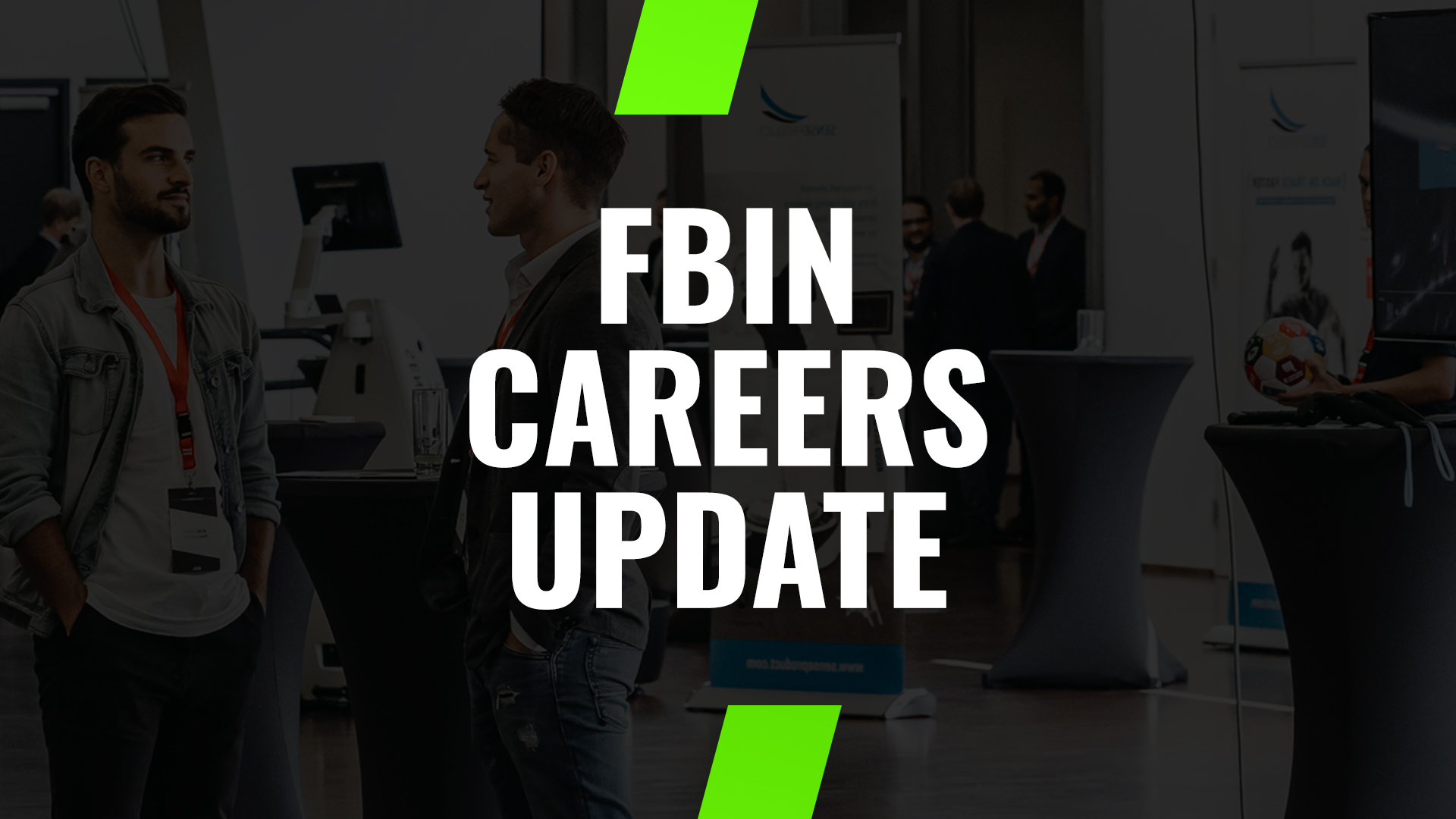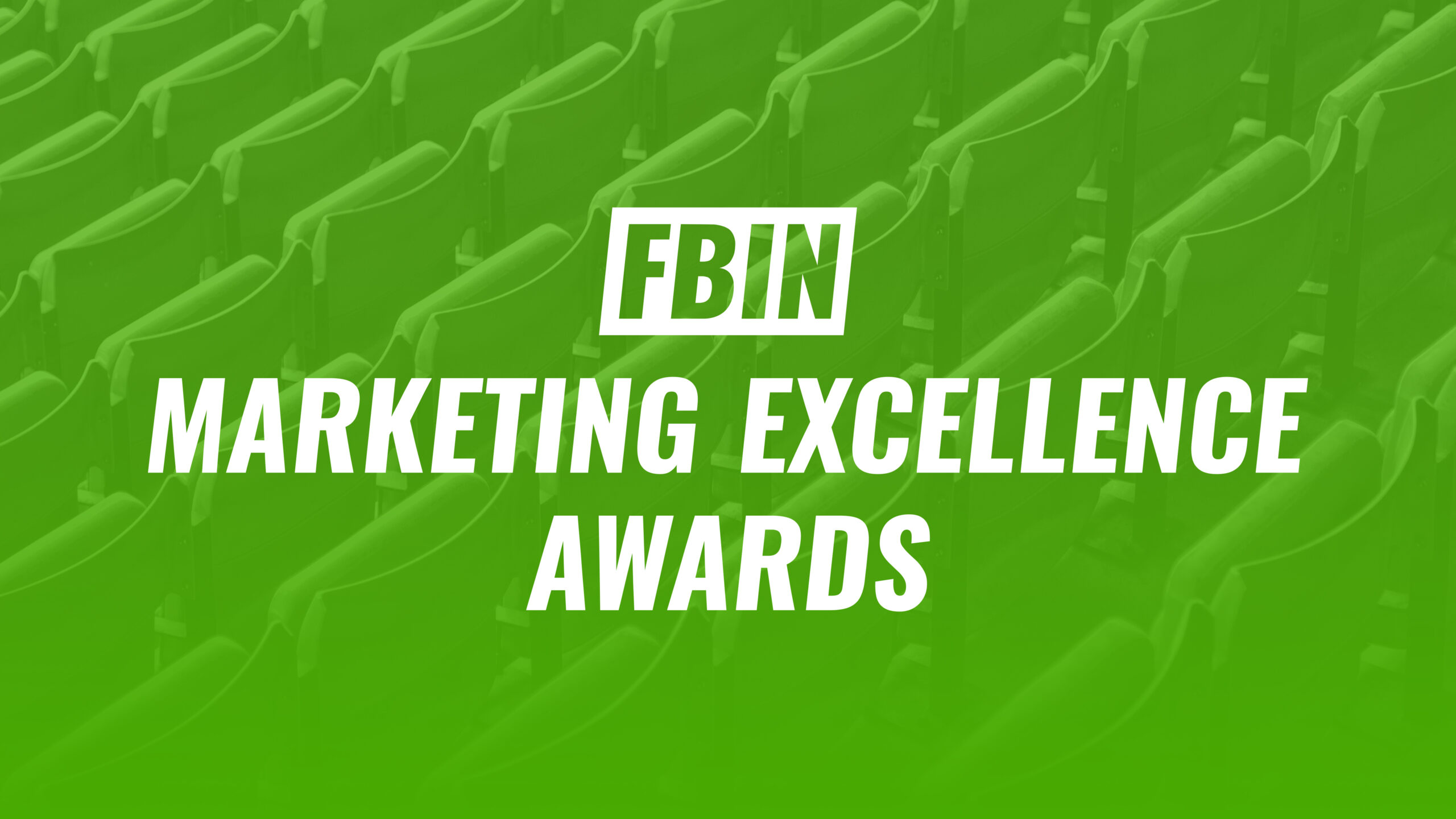Frank van Eijsden is COO of Tymes4, a member of the FBIN Business Network. In this interview he speaks about his company, how it developed, the biggest issues and the future of ticketing.
You are provider of a ticketing solution. What is the special thing of Tymes4?
Frank van Eijsden: Most ticketing solutions out there are what we call legacy systems. They were developed years and years ago for ticketing in its widest form (for events, theatre, sports etc.) and do not meet modern day criteria. Today professional football organizations want to have ticketing integrated in their (complex) eco-system and require a state of the art, brilliant looking front-end. With this in mind we developed Tymes4. Specifically for professional football organizations, as we think football ticketing is so much different then ticketing for an event of theatre show.
With Tymes4 we focus on 4 things:
1. Help organizations grow fan engagement
2. Generate revenue
3. Bring efficiency (save costs) and last but not least:
4. Data!
With it’s our open, data-first architecture Tymes4 integrates and interacts with the football eco-system. Whether it’s SSO, an accounting system, datawarehouse or CRM, Tymes4 connects the ticketing dots.
Why did your clients choose to work with you?
Mainly because of our focus on football, the football ticketing expertise we have and all of that combined with our technology. We’ve had 10 clubs choosing for Tymes4 in the last year alone!
The Belgian FA, like you a member of the FBIN Network, is a client. Who else are you working with?
As we’re quite a new kid on the block (on the market for 3 years), being a Holland based company, our primarily focus was the Dutch market. Starting with Feyenoord Rotterdam, the second largest football club in the Netherlands, we now work for half the Eredivisie. For teams such as FC Utrecht, FC Twente, Vitesse etc. And while we’re still counting, we are now focussing on international expansion.
Tymes4 was developed by a professional football club. Can you tell us a bit more about the founding and development process?
Well, it wasn’t developed by a football club, it’s developed with the input of a club. Feyenoord Rotterdam, likely the most demanding club in The Netherlands, were done with ticketing always being the department slowing digitalization projects down. Done with the (grounded) complaints of fans about usability and a lack of functionality in the ticketshop. We (Ormer ICT) already worked for Feyenoord (supplying managed IT services) and we got the chance to co-develop a ticketing platform from scratch. Feyenoord the functional input, Ormer ICT the technical solution. That worked out well, as we’re now on the market (selling to other clubs) for 3 years and recently managed to become market leader in the Netherlands (we work for 14 Dutch clubs).
Is Tymes4 working for every organisation, every size?
Yes, it does. Although not every organization is the same, due to our modular approach we have managed to develop Tymes4 in a way it fits all needs. Most of the times the difference is in the level of differentiating things and the use (y/n) of certain functionalities and modules. So in the end everything relates to the level of inhouse ticketing expertise an organization has. Therefore, we have hired multiple seasoned consultant (together over 50 years football ticketing experience), with a background at Ajax, AZ, Feyenoord and KNVB (Dutch football association), helping our clients getting the most out of their ticketing.
You are constantly developing Tymes4. What are you working on, are there any new features coming up?
True, we have a dedicated development team inhouse (and a flexible extended team) and are continuously developing new features and functionality, both roadmap development and custom projects. Currently we’re in the latest stage of developing an integrated secondary ticketing module, so fans can resale their single match ticket of season ticket through our platform directly to other fans. And after this release, we’ve planned to do some refactoring (upgrading to the newest source code) as there’s one thing we do not want to become: a legacy system. There’s plenty of those.
Basically, what will the future of ticketing in football look like?
One of the things that is happening, is that ticketing is blending more with marketing. Football marketeers continue to know and understand the fan better and use deep (hyper) personalization in their (segmentation for) campaigns to increase conversion. The next step is that ticketing platforms react better to that and respond with a personalized flow and a personalized set of rules. We think in the future ticketing platforms will be less visible (move more to the background) and become sort of transaction engines. If you can buy back your seat for an additional cup match, why should you go to the ticketshop to do that whilst just confirming a push message through the app is in the end all it takes.
What are the biggest issues clubs have in ticketing currently? And how do you solve that issue?
In The Netherlands the biggest issue used to be server capacity during peak sales together with order failures (order booked, payment not approved or otherwise). During peak-sales, shops became slow, crashed and sometimes even an onsale of club A led to a slow ticketshop for club B. Therefore, all our clients have their own hosted environment in Microsoft Azure, servers scale automatically and we have a proactive (own) queue. Making sure overload is history. And to prevent order failures (one of a club’s worst nightmares) we decided to integrate the payment process more in the primary ticket flow (payment is not just a sidestep at the end) so we were able to implement loads of checks and actions. Hence, zero to none order failures.


 Upgrade to Premium Now
Upgrade to Premium Now







